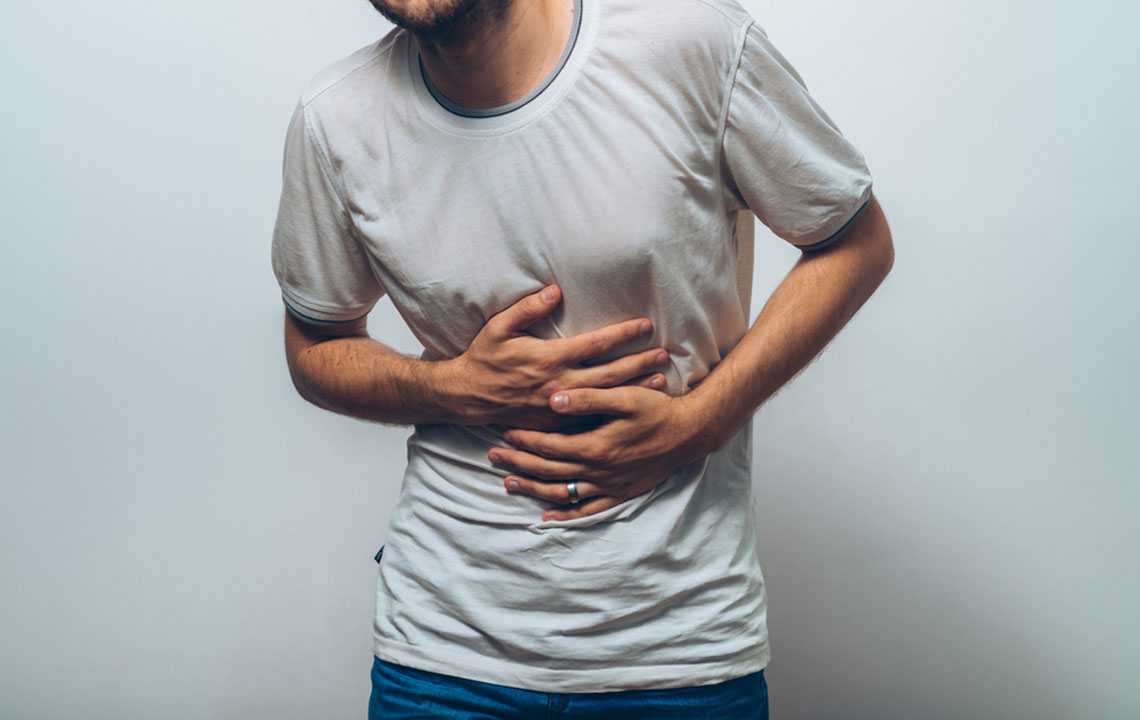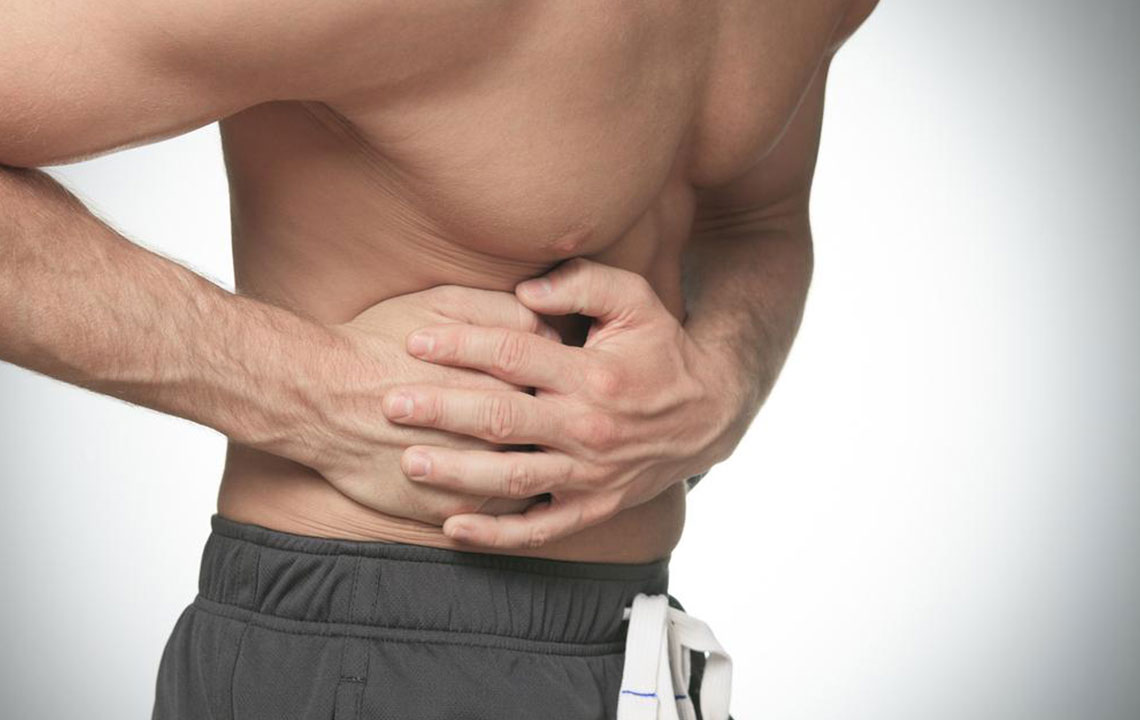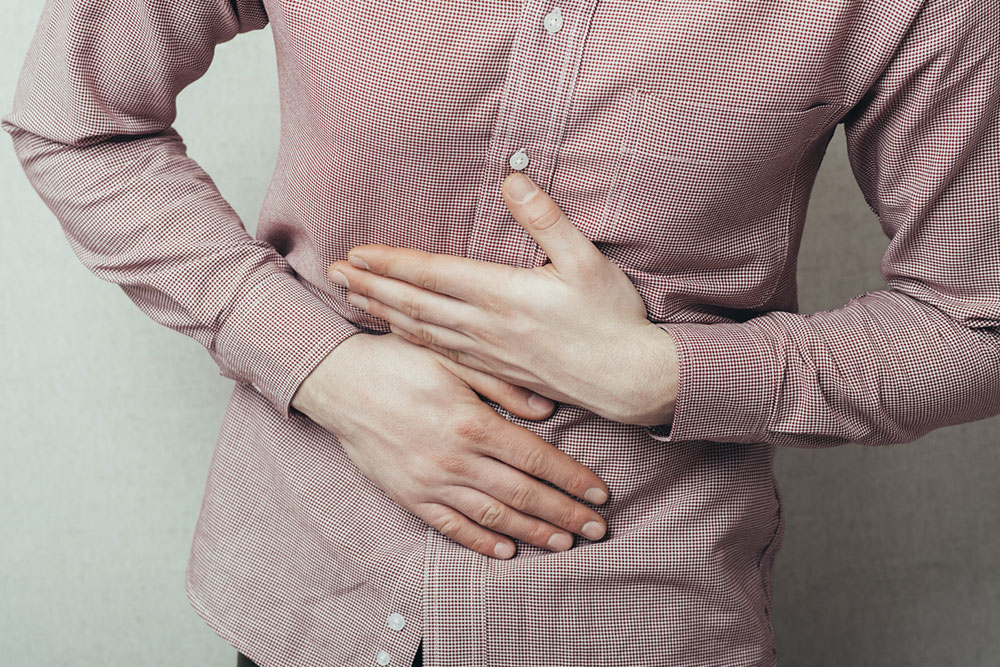Ulcerative Colitis Symptoms And Treatment Courses
Ulcerative colitis is a condition characterized by inflammation of the colon or the large intestine. This inflammation usually begins in the rectum, which is located towards the end of the large intestine, ending in the anus. It then spreads in the colon and causes multiple problems such as painful bowel movements, stomach ache, and severe diarrhea.
Ulcerative colitis generally occurs in multiple phases. The time when the symptoms are active, it is called ulcerative colitis flares.

While the causes of ulcerative colitis are unknown, research shows evidence that infection caused by certain virus and bacteria can cause inflammation of the anus, which can spread to the rectum and the colon.
Symptoms of ulcerative colitis
- Dehydration
- Painful bowel movement
- Blood in stool
- Pus drainage
- Stomach ache
- Fever
- Skin irritation and rashes
If you are suffering from these symptoms, you should pay a visit to a doctor. The doctor will run certain tests to be sure if you have ulcerative colitis. The most commonly prescribed tests to diagnose ulcerative colitis are:
- Endoscopy
The doctor will prescribe an endoscopy such as colonoscopy or proctosigmoidoscopy to get an appraisal of the internal situation of the colon.
- Stool test
Stool samples are collected to check for any traces of blood in it, which is a classic symptom of ulcerative colitis.
- X-rays, CT scans, or MRIs
These tests are also prescribed to help your doctor decide if the disease has affected your bones and other parts of your body.
Treatment options for ulcerative colitis
Here is a list of some useful tips that you can follow while struggling with ulcerative colitis flares.
- Drink plenty of water
Keeping yourself hydrated is very important during a ulcerative colitis flare. The body tends to lose a lot of water when the symptoms aggravate. This poses a problem in the normal functioning of the organs. Therefore, it is important to drink plenty of water to avoid dehydration. - Relax and keep the stress away
While stress and anxiety are not one of the main causes of ulcerative colitis, excessive stress can aggravate the symptoms associated with the condition, making it worse. To keep the stress away, it is important to engage in some relaxation techniques and practices like yoga or meditation. - Eat right
Eating the right type of food is as important as taking the prescribed medicines. Do not eat anything that is too heavy for your intestines to digest. Give your colon a breather by eating light on the days when you have a ulcerative colitis flare. - Don’t forget your medicines
Medicines are extremely important to control the symptoms of ulcerative colitis. Medication stops the inflammation from spreading further. It also helps to relieve other symptoms like diarrhea. Skipping the medicines could result in an aggravated flare up or worsened symptoms. - Avoid alcohol
Consuming alcohol during an ulcerative colitis flare leads to irritation of the colon. This further adds to the inflammation of the tummy. To avoid aggravating your condition and to make sure the inflammation does not spread, avoid alcoholic drinks and beverages. - Exercise regularly
A light routine exercise will not only help you maintain a healthy connection between the mind and the body, but it will also help to reduce the stress and anxiety which can contribute to the symptoms. Exercising daily could also help in preventing diarrhea and regulating the digestive system. - Take probiotics rich diet
It is believed by some researchers that ulcerative colitis medication kills all the bacteria in the colon, including the good bacteria which are essential for bodily functions.
You can take nutritional supplements rich in probiotic components or else a bowl full of yogurt, which is a natural probiotic food. - Surgeries
There are multiple surgical options available, but they are recommended only if the other treatments do not work or if your ulcerative colitis has led to some serious health issues. You can discuss the severity of your disease with your doctor and find the treatment that suits your needs.
Most of the surgical treatments work by removing the rectum and some part of the colon. In some cases, the colon is also fully removed. The small intestine is then connected to a waste collecting bag or pouch which can be installed outside or inside the body through a permanent opening in the belly of the patient. This bag needs to be carried at all times if attached externally.
Surgical options
- Ileal Pouch Anal Anastomosis (IPAA) or Pelvic Pouch
- Continent Ileostomy or Kock Pouch
There are many treatment courses available for ulcerative colitis. However, the only permanent treatment course is surgery. All the other treatments are aimed at reducing the symptoms during ulcerative colitis flares.




